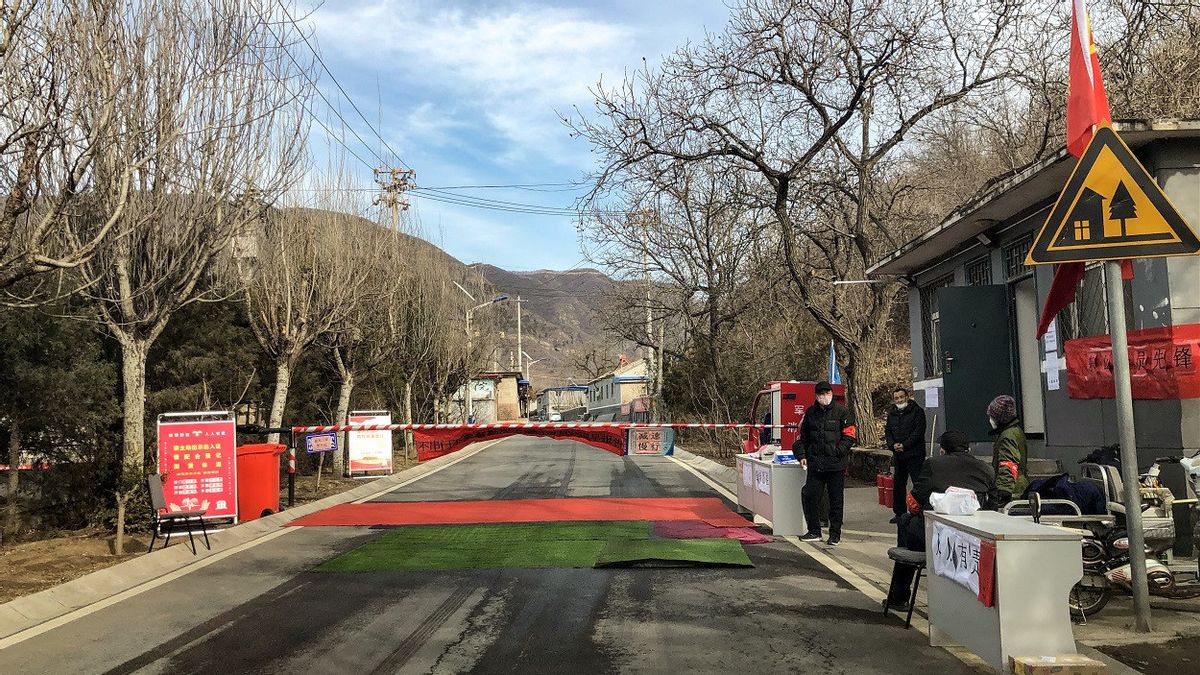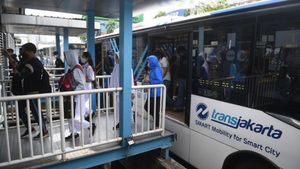JAKARTA - Shanghai authorities will lift a two-month city lockdown starting at midnight on Wednesday, allowing private cars including taxis to return to the streets and free people in and out of low-risk residential complexes.
Bus and rail transport will also resume basic operations from June 1, including ferries connecting the districts separated by the city's Huangpu river, the Shanghai Municipal Government said in a statement on its official WeChat account.
"The epidemic situation in our city has been effectively controlled and the situation continues to improve," he said in a statement.
"People will still be asked to wear masks, prohibited from gathering and encouraged to be vaccinated," he added.
Shanghai imposed a city-wide lockdown on its 25 million residents on April 1 to combat the spread of COVID-19, demanding a crackdown that caused widespread public anger over issues such as overcrowded quarantine centres, difficulties in accessing food and lost income.
In recent weeks, some restrictions have been relaxed, but most public transport networks remain closed and people can only drive if they have obtained prior approval.
The news brought an outpouring of relief, joy and some vigilance from the exhausted population.
"I was so emotional that I was about to cry," said one Weibo user.
Most of the city's 25 million residents have been confined to their homes for nearly two months, with sidewalks only loosening slightly in recent weeks to allow some people to get out for short periods of time.
Local authorities earlier this month said they planned to fully restore normal life by next month but it was unclear how they would do so amid pressure to stick to China's zero-COVID policy.
Some residents greeted the news in disbelief, pondering how what was originally supposed to be a lockdown that lasted just under five days, became a longer ordeal.
"Please don't lie to me," one person wrote on social media. "I'm numb," said another.
The easing of restrictions only applies to those in low-risk areas, which are home to about 22.3 million people, according to government data.
However, it did not say whether activities such as dining in restaurants would be allowed. It is also unclear whether the company should continue to adhere to a 'closed loop' management system for reopening. Companies call such requirements problematic, as they must find a way for workers to sleep on site and carry out regular disinfection.
To note, China's 'zero COVID' policy of aiming to eradicate the outbreak at any cost, against other countries that have chosen to live with the virus and lack of an exit strategy has worried investors.
New daily cases of COVID-19 in China are in the hundreds compared to tens of thousands in many Western countries, with Shanghai reporting fewer than 100 new COVID cases for May 29.
The English, Chinese, Japanese, Arabic, and French versions are automatically generated by the AI. So there may still be inaccuracies in translating, please always see Indonesian as our main language. (system supported by DigitalSiber.id)













